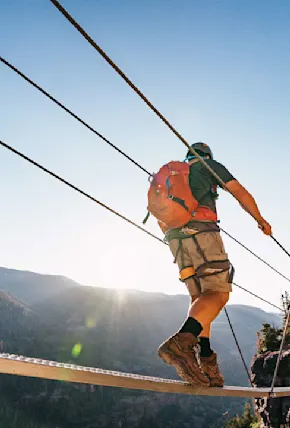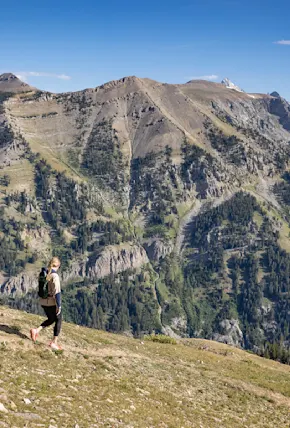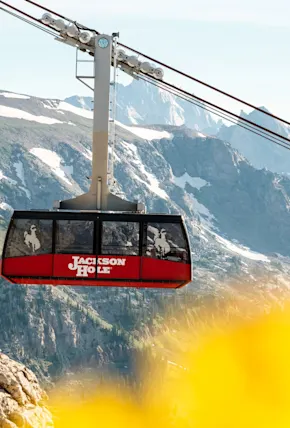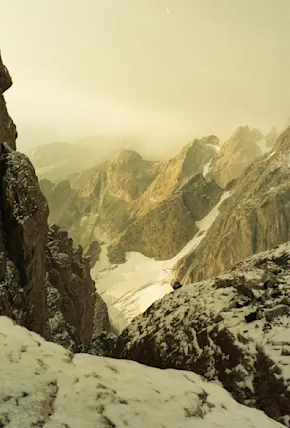When I arrived, the camp, built in 1929, looked about how I'd expected it to. On one side, dozens of the original tin cabins sat in neat rows, connected by clotheslines and colorful hammocks and overgrown prairie grass, forming the student side. Each one of the uninsulated cabins housed the same spare furnishings: thin metal bunk beds, cracked concrete floors, a few wooden shelves, and a small white sink that only sometimes worked.
The other side of camp beared the professor's cabins, an array of IKEA-esque prefab tiny houses decked out with front porches, actual bathrooms, and vinyl flooring. Dogs roamed between the structures, keeping watch over the compound while the students burrowed away in their classrooms.
Between the two sides of camp sat the Lineup, a small patio with two wooden benches, separated by an industrial-sized tomato can-turned-ashtray, where the camp staff took up residence. This was our space—for reading The Beautiful And Damned after the breakfast shift, for watching the students plod across the open field, dodging ankle-breaking chizzler holes while packing their vans with sleeping bags and the occasional swim floatie, and for conducting long, awkward talks as we, a jumbled mix of college kids and wandering adults, came to know one another.
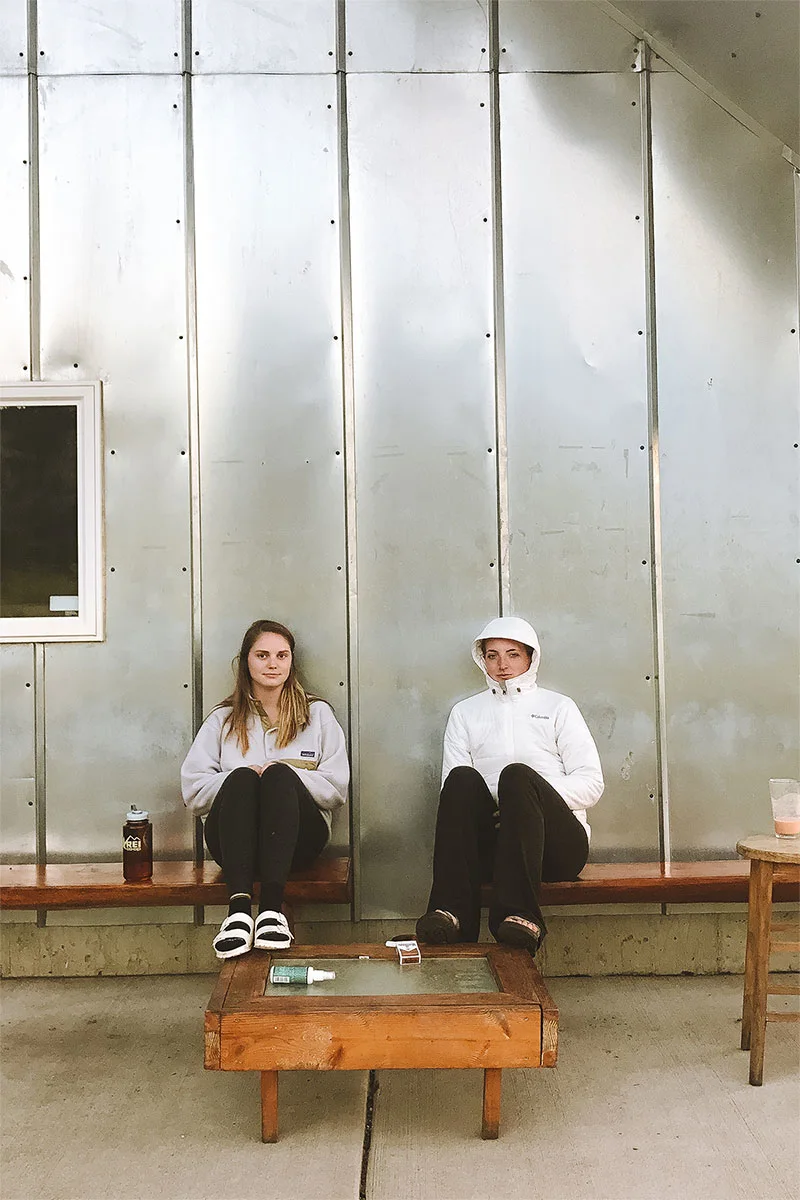
Over the coming weeks, I slowly adjusted to camp life. There were two rules for staff: don't be late to work, and be discreet with the beer. It turned out my job as a food service assistant meant doing anything Aaron, the chef, needed: chopping vegetables, washing dishes, organizing food deliveries, inventing salad dressings, deboning salmon, adding salt, staying out of the way. Our hours in the kitchen were hot, quick, and crowded, but I liked the teamwork, the deadline of hungry geology students returning from the field, and the freedom to make the menu whatever we wanted.
The work varied according to the ever-changing pulse of the camp. On one July evening, over one hundred people showed up to dinner—more than the mess hall could hold—so we propped open the kitchen door and ran laps out to the yard, ferrying bowls of summer salad and trays of homemade veggie burgers. A few weeks later, at the end of the season, only half of one class remained at camp so we donned freshly-cleaned aprons and cooked a three-course French dinner.
At the end of each dinner shift, we’d pour PBR into red diner cups, microwave leftovers that had gone cold hours ago, and traipse out to the Lineup to watch the sun set into Teton National Forest. My favorite evening sight was Cream Puff, a nearby peak that watched over us from across 191. She boasted 4,000 vertical feet in a span of two miles, and always seemed delighted to spit tired hikers back toward camp. And yet, we felt a sense of duty to go pay our respects.
"Why do Cream Puff when you can just gouge your eyes out with a spoon and it'd be the same thing?" one of the staff mumbled as we sunk into the wooden benches the day we finally took our turn. On those nights when we basked in the stillness that follows a good dinner rush, I’d savor the sun’s glow as it slunk lower and lower to the base of the mountain.












